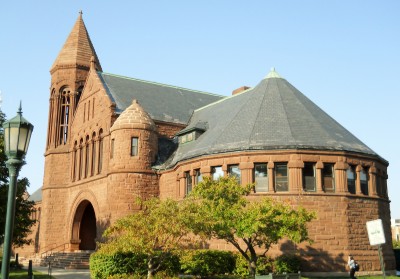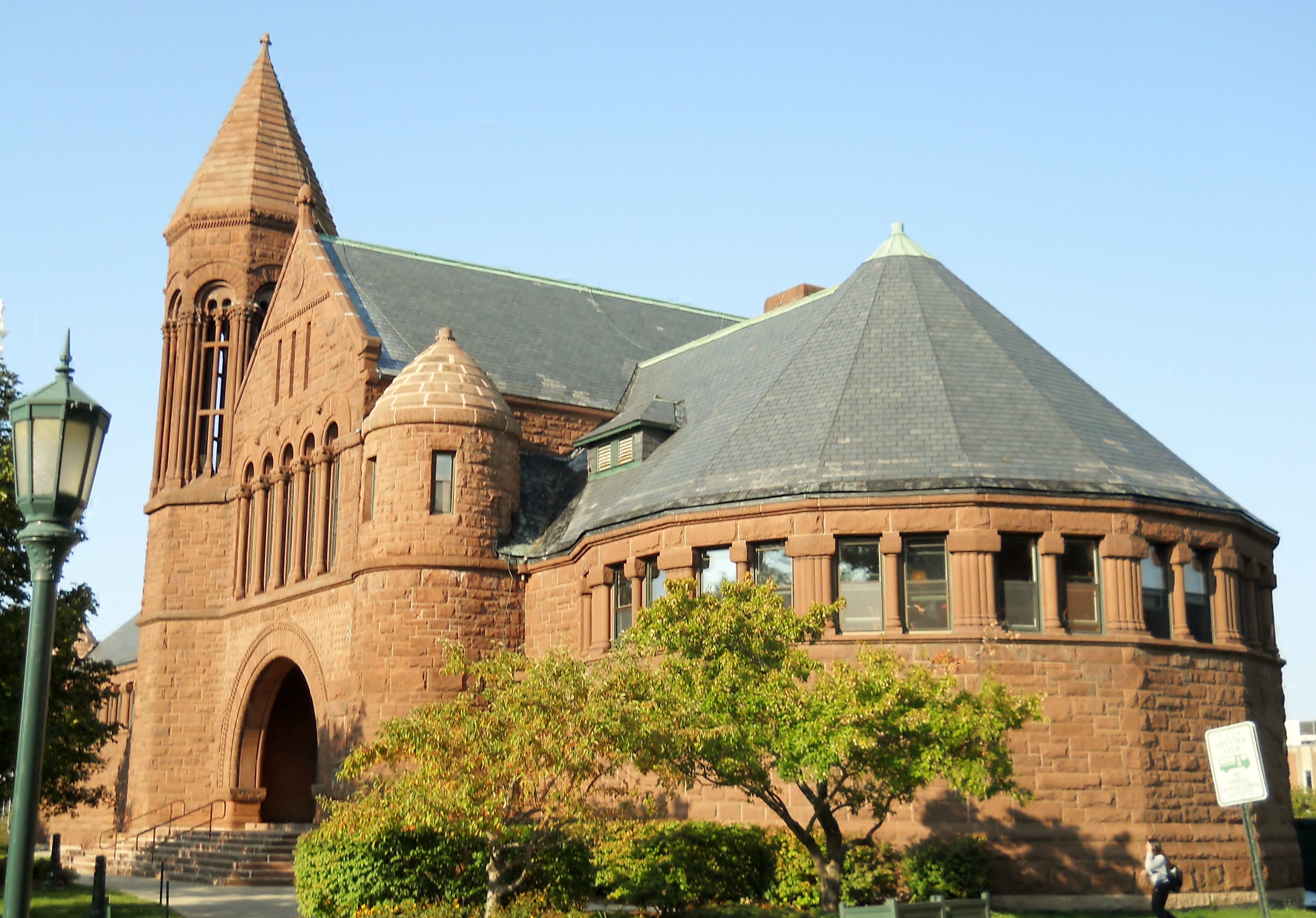
Recently while killing time at work, I saw an email regarding a position I had applied for at my university’s Hillel. Expecting a rejection, I clicked, and realized that I was not being consoled- they were offering me a job.
I’d applied for the job almost accidentally – working an event for my bike repair class, I found myself talking to my campus’ Hillel director. A transplant from New York City, he’d brought a folding bike with tiny wheels to campus, not realizing that the town’s steep hills made his steed basically useless.
“I’m taking a group of students to Germany with me on a trip, to learn about the Holocaust.” He told me as I scrubbed salt off of his bike chain, and I told him about my trip to Germany with my family, visiting the hamlet my grandmother had lived in as a little girl before fleeing to the states.
He was delighted, and asked me how involved I was in Hillel. The answer was simple: I wasn’t. I attended Shabbat (just the dinner, not the services) when I was truly desperate for some home-cooked food or when I was guilt tripped into it (what else?) and I’d gone on a Birthright trip for some free sightseeing. However, this did not bother Mr. Hillel, who wanted more students to apply for a job recruiting more students for Hillel (ironic, nu?).
So we met for coffee, and he told me a bit more about the position. The problem was that though my school had many Jewish(ish) students, Hillel attendance was scant. The “engagement interns” were supposed to be the remedy – organizing interesting events, and, more importantly, shepherding everyone they met to a Shabbat or its equivalent. On its own, the job did not really interest me but it had no fixed hours, was based on campus, and paid a reasonable amount.
I left the coffee, and decided to go to the formal interview. After all, the position was supposedly highly competitive- no harm in trying for a job I most likely wouldn’t get. At the interview I avoided the subject of my spirituality (generally absent) but talked instead about the mark that Jewish culture had on my upbringing and how I thought it related to my major, Environmental Studies. When two months later I was offered the job, I found myself in a difficult position.
It wasn’t just about the money- a stipend ($500 a semester, the work involved consisting of schmoozing and eating challah at the weekly dinners, as far as I could tell), it was also that I liked the woman that had hired me, who I’d gotten to know when she staffed my Birthright trip. I didn’t want to seem like I was rejecting her and her work. And where else was I going to find a job that was on-campus, with such a flexible schedule?
But on the other hand…
I knew from a little research and some of my fellows’ angry Facebook posts that Hillel is loyal to Israel to a fault. They are staunchly uninviting to those who would speak about Israel’s parallels to unsavory regimes of the past, or to any Palestinian groups, even those that work towards peaceful cooperation. Even before the events of this summer I was unsure if I wanted to employ myself with such an institution.
While discussing the job, Mr. Hillel mentioned that just this year at my university a group of students from Israel and the West Bank put on a concert, where they had the gall to host a Q & A session afterward.They answered questions about the state of their homeland candidly, angering the Hillel national offices. Mr. Hillel told me at our coffee meeting that they probably would not be invited back.
The upshot, however, was that it was obvious that most, if not all of the Hillel contingency at my school did not agree with this policy. After all, griped my Hillel’s director, if Jewish students couldn’t have an open and inclusive dialogue about Israel at Hillel, where should they go?
As I mulled it all over, I realized the strangest part about my qualms for working for Hillel was that no one within my school’s chapter of Hillel seemed to disagree with me. Though I was uncomfortable with the thought of proselytizing, the Passover Seder that I attended at school was firmly in the Secular Humanist camp, with all sorts of flotsam and jetsam strewn about the Seder plate, and about 20 extraneous plagues thrown into the mix. Perhaps Mr. Hillel kept kosher, but my interviewer did not. My school’s Hillel was filled with secular (not to mention left-leaning) people whose idea of being part of a Jewish organization on campus was clearly vastly different than the organization’s original purpose, and different still from the big boss’ idea of what Hillel should be today. I wanted to be a part of an inclusive group that was based around Jewish culture – not a politically charged and stubborn group with religious roots. My question then became if I could separate working for the Hillel I knew, liked, and respected, or the national organization that I didn’t.
I recalled the only part of my interview where I felt I’d stumbled, when asked why Judaism was important to me. I’d chattered on about how Judaism encourages you to question your faith, and engage in meaningful conversations about problems in society, and then I mentioned the complexity of “the Israel Situation”. Her response was swift:
“Well, you would be representing Hillel. And Hillel supports Israel’s right to exist as a state.”
And there it was. I either was ignoring any kind of discrepancy that I saw with my personal beliefs and supporting Israel completely, or to them I was anti-Israel.
“Right,” I said. “Well, I mean, it’s complicated, and I like talking to people about politics… I mean…”
So later, while far from campus, I looked at the email, and clicked on the contract. I read it over a few times, then politely and pusillanimously replied that as I could not attend the midsummer training retreat, they’d have to find someone else.
Jesse L. Baum is a student at the University of Vermont.

